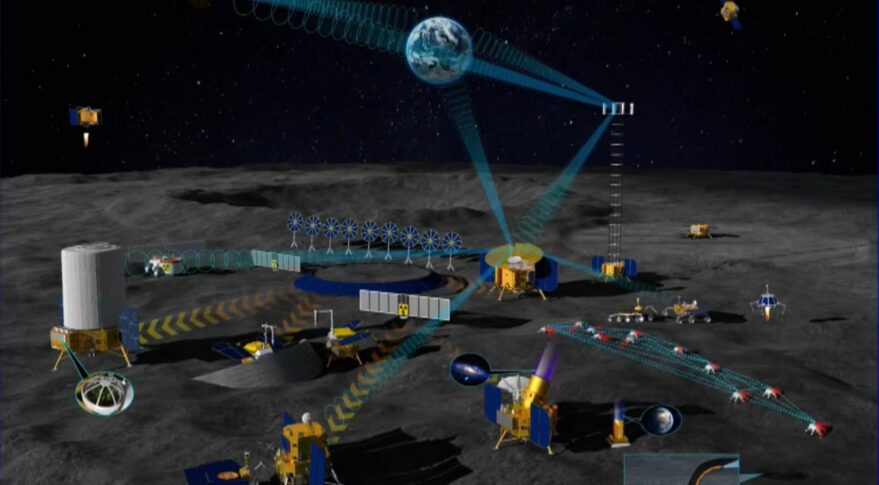
China, Russia reveal roadmap for international moon base

HELSINKI — Russia and China unveiled a roadmap for a joint International Lunar Research Station Wednesday to guide collaboration and development of the project.
Chinese and Russian space officials revealed the plans June 16 at the Global Space Exploration (GLEX) conference in St. Petersburg, Russia, stating that the ILRS has received the interest of a number of countries and organizations.
The ILRS is planned to be developed concurrently but separate to the United States’ Artemis lunar exploration program.
Wu Yanhua, deputy head of the China National Space Administration (CNSA), introduced the science objectives, facilities and transportation, lunar surface infrastructure, development phases and cooperation frameworks for the venture.
The first phase of ILRS, noted as reconnaissance, involves gathering data and verifying high-precision soft-landings across 2021-25 with the Chinese Chang’e-4, -6 and -7 missions, Russia’s Luna 25, 26 and 27 and possible missions of partners.
The second “construction” phase consists of two stages (2026-30, 2031-35). The first involves technology verifications, sample return, massive cargo delivery and the start of joint operations. Planned missions are Chang’e-8 and Luna 28 and potential international contributions.
The second stage looks to complete on-orbit and surface infrastructure for energy, communications, in-situ resource utilization and other technologies. Missions named ILRS-1 through 5 would focus respectively on energy and communications, research and exploration facilities, in-situ resource utilization, general technologies and astronomy capabilities. Russian super heavy-lift launch vehicles are listed to launch the missions.
The final “utilization” phase beyond 2036 would see the start of crewed landings. CNSA later published English and Chinese versions of the roadmap on its web pages while Roscomcos shared a presentation video on Twitter.
Spacecraft shown in the video include orbiters and relay satellites, descent and ascent vehicles, surface infrastructure for energy and communications, hopping robots and intelligent mini rovers.
The location of the ILRS is yet to be decided. Possible destinations noted in the presentation were Aristarchus crater and Marius Hills in the northwest of the lunar near side and Amundsen crater near the south pole.
Sergey Saveliev, deputy director general for International Cooperation for Roscosmos, said it was “difficult to overestimate the scientific significance of the project”.
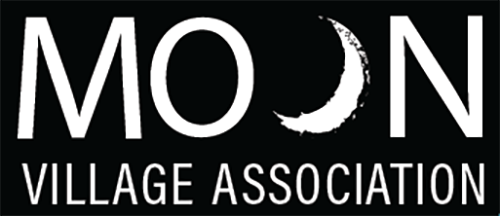
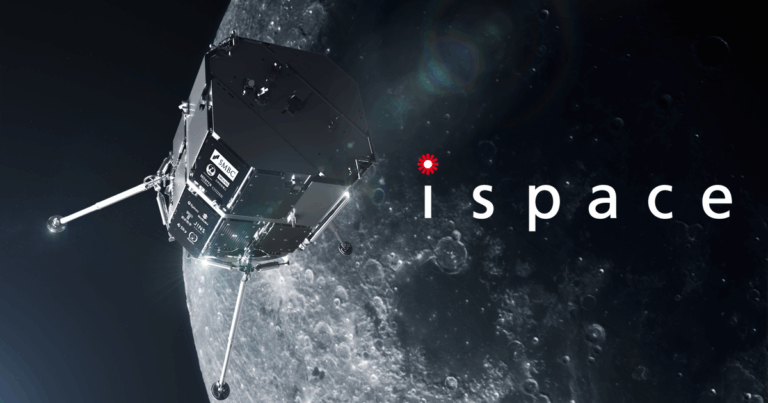
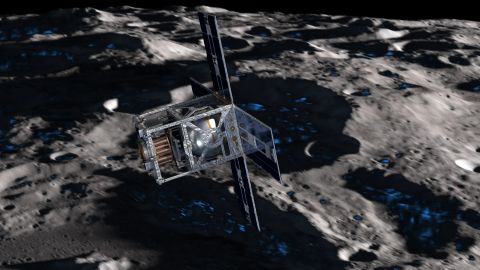
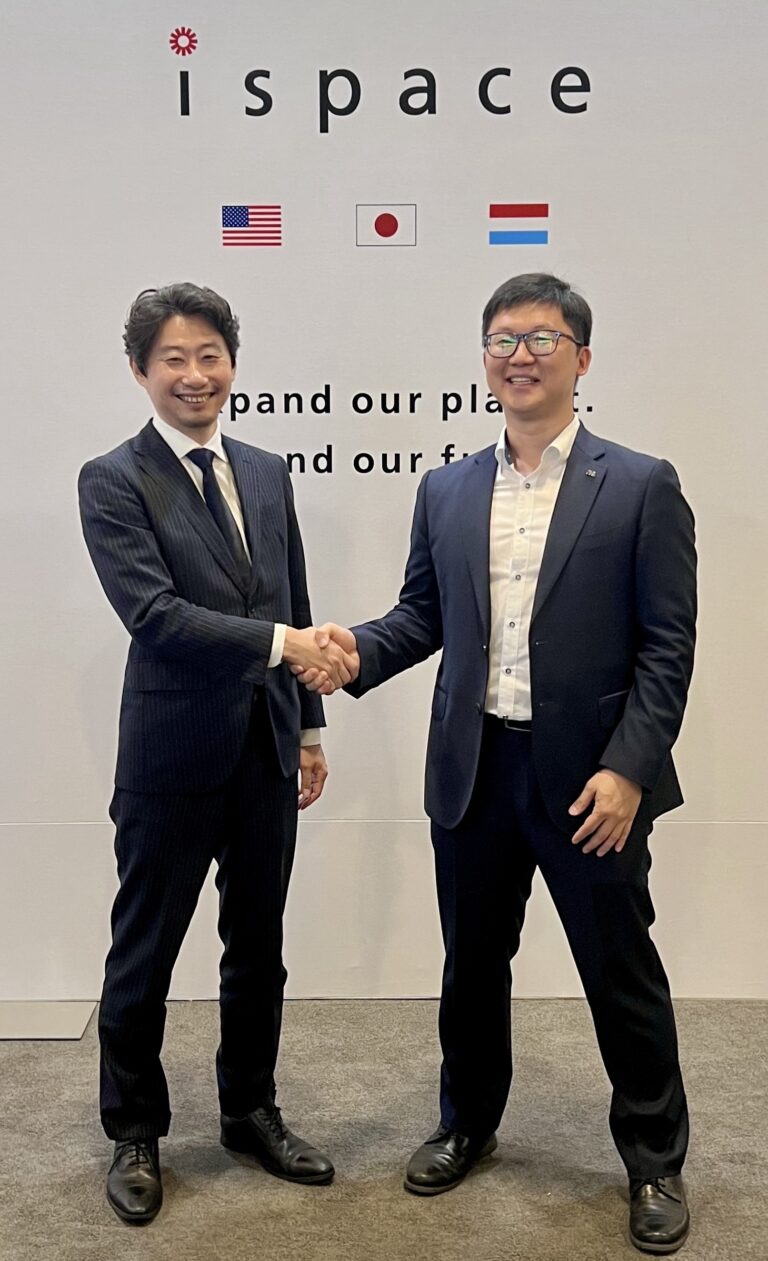
You must be logged in to post a comment.